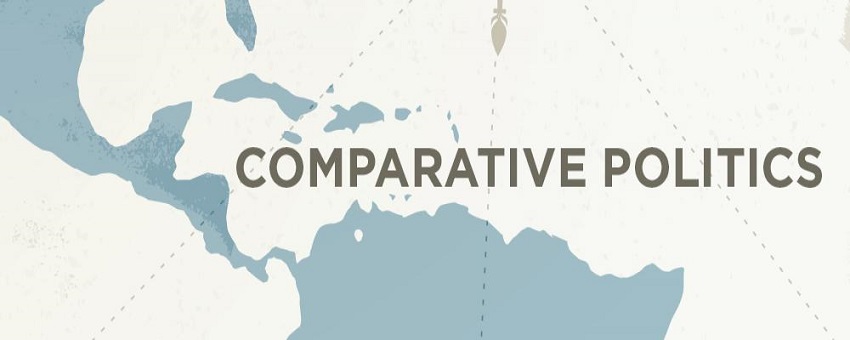The definition of comparative politics is the study of political behavior and institutions in different countries around the world with special emphasis on similarities and differences. This includes studying international relations, where topics such as war, trade, diplomacy, and culture are analyzed through a cross-national or international framework.
A defining feature of comparative politics is its focus on a specific, narrow problem. In contrast, political science seeks to understand politics by observing patterns and behaviors within the entire world system. Political scientists tend to focus their studies on broad patterns across different nations. At the same time, comparative politicians look for similarities and differences between specific countries or states to explain their unique behavioral patterns.
What is comparative politics?
“Comparative politics can be defined as the study of political phenomena from a comparative point of view, for example ‘why do some countries have strong trade unions and others don’t?’ or ‘Why are there so few women in politics?’. It is also concerned with the study of specific countries (often focusing on one country at a time), such as why Germany has had more coalition governments since the Second World War than other countries”. Generally, comparative politics focuses on one country at a time. Comparative politics is concerned with similarities and differences between different countries in diverse regions of the world.
Comparison creates patterns that can be used to analyze new political ideas and events around the world. Comparison is also important because it naturally leads political scientists to question the similarities and differences between political phenomena or why some countries have certain political institutions while others do not. Comparative politics can be described as a ‘transnational’ approach to understanding the world.’
Comparative politics differs from international relations in that the former focuses on a more singular approach to analysis through the study of one country at a time. In contrast, International relations focuses on patterns and similarities between many different countries or states.
Comparative politics and government
They differ in that comparative politics is more concerned with the study of political behavior. At the same time, the government focuses on the institutions and organizations responsible for administering a certain country.
Comparative Politics should not be confused with Comparative Government. However, one definition states that: ‘Comparative Politics has been defined as the study of politics in diverse societies whereas Comparative Government is the study of governments in diverse states. Both have a comparative aspect as they involve making comparisons between different political bodies, on their respective characteristics to establish the number of similarities and differences among them’.
Comparative politics is the study of how democracy works in one country
Comparative Politics is also the study of how democratic institutions perform in different countries (such as why some have such a high voter turnout while others have very low?) and what factors contribute to these differences. Are political parties important for democracy in all societies? How do indigenous groups affect politics in Latin America? What is the relationship between social stability and informal politics? These are all research questions for Comparative Politicians.
Comparison of political institutions can also be important because it demonstrates how certain groups affect politics, such as ethnic minorities or interest groups. To compare these kinds of issues across countries, comparative politicians use several different methods to compare these different institutions.
Comparative Politicians also use a range of different theoretical approaches to achieve comparisons between countries. Some will analyze through the lenses of functionalism, Marxism, rational choice theory, or constructivist approaches. At the same time, other comparative political scientists will only focus on one specific approach throughout their academic careers. This is because many different theoretical approaches come from a wide range of fields in the humanities and social sciences. This makes it almost impossible for anyone person or institution to master all these different theories at once. However, comparative politicians can still attempt to provide comparisons through a single theoretical approach throughout their careers.
In conclusion,
Comparative politics is the study of political behavior and institutions in different countries. It is also a very broad field that relies on many different theories to analyze the world’s political systems.
You may also like to read, Staying Informed about UTV News






